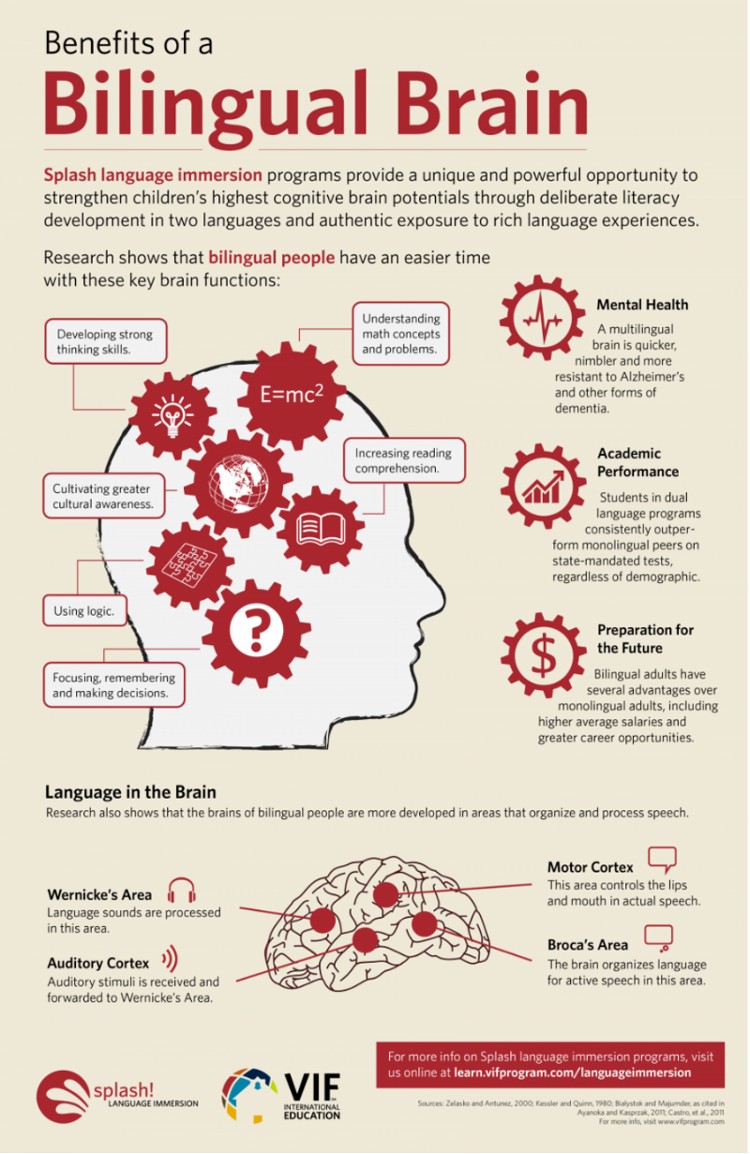
Benefits of Multilingualism
There are a plethora of proven benefits associated with FLL. Cognitively, multilinguals demonstrate higher levels of open-mindedness and flexibility, as well as enhanced memory (Dewaele and Botes, 2020). Those with multiple languages in their linguistic repertoire take more social initiative, and exhibit more confident, extroverted behaviour. On average, bilinguals develop dementia four to five years later than their monolingual counterparts, and they are twice as likely to cognitively recover from a stroke (Klimova, 2018). Opportunities to access the worlds of professional and personal development can also arise as a result of FLL.

Perhaps even more importantly, multilingualism offers paths into otherwise inaccessible cultures and transnationally deviant ways of thinking. This much-understated benefit is crucial in the process of pedagogical decolonisation. Given that FLL facilitates cultural empathy (Dewaele and Botes, 2020), it also serves as a catalyst in the lengthy, immeasurable processes required to shift societal attitudes towards intercultural, international, and interlinguistic norms in pedagogy and communication.
In the UK, gradual but continual destigmatisation will be crucial for the country to adapt with projections of increased ethnic diversity (Lomax et al., 2019). Education can serve as a site of adaptive change, allowing, encouraging and therefore normalising multilingual and multicultural practices – from the first years in school right up to the final years in higher education. By symbiotically developing heteroglossic strategies and cultural empathy, academia has the potential to orient an entire generation towards anti-xenophobic perspectives and ideals from a young age.
At a time where much sociopolitical angst is stemming from isolationist thinking, the significance of FLL as a means of bridging intercultural gaps and decolonising Eurocentric approaches is virtually unparalleled. For this to happen, increased public attention should be drawn to the benefits of multilingualism, and educational practitioners and policymakers ought to replace the currently monoglossic pedagogical principles with heteroglossic norms, strategies, and ideologies. Therein lies the opportunity in FLL to serve as a tangible action in pursuit of decolonising the curriculum, in place of mere (albeit well-intentioned) words.
References
Dewaele, J. M. & Botes, E. (2020) ‘Does multilingualism shape personality? An exploratory investigation’, International Journal of Bilingualism, 24(4), pp. 811–823.
Klimova, B. (2018) ‘Learning a foreign language: A review on recent findings about its effect on the enhancement of cognitive functions among healthy older individuals’, Frontiers in Human Neuroscience, 12(305), pp. 1–7.
Lomax, N., Wohland, P., Rees, P. & Norman, P. (2019) ‘Data and Methods for Estimating and Projecting International Migration by Ethnicity’, Journal of Ethnic and Migration Studies, 3(1), pp. 1–23.